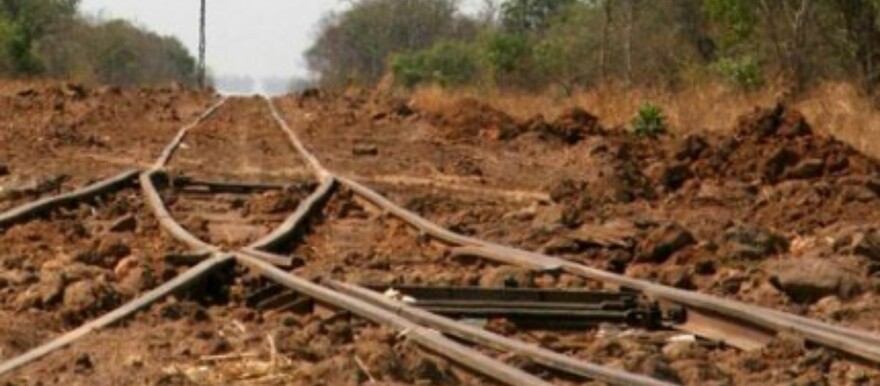The management of the Wau Railway Station in Western Bahr el Ghazal State has sounded an alarm over squatters building on railway land in Wau town and urged the national government to intervene.
Speaking to Radio Tamazuj on Thursday, Engineer Adam Talib Fartak, said the railway management has fully documented the ongoing illegal activities of the squatters.
“We have documented all the illegal activities going on at the railway station and we condemn them because the railway is a public national resource,” he said. “The people, those in Aweil and Wau, know the benefits of the railway and how it can earn a lot of revenue for the government. We urge the government to stop encroachment and evict those squatting on railway land so that redevelopment is easy in the future.”
“We are seeing people removing rail tracks and sleepers and building houses and yet they are aware that this land is the property of the railway,” Eng. Talib added.
He clarified that his office has nothing to do with the ongoing illegal demarcation and allotment of the railway land and has not received any official communication from the state government regarding the matter.
Meanwhile, a worker at the railway station, Sebit Chorwel Gak, confirmed that people have been uprooting the railway line and building illegal structures.
“The railway is a notional resource and there is no country without a railway in the world. What is now happening on the railway in Wau is a new thing with government officials allotting the land of the railway station yet they know the railway is a national institution,” he said. “Is the national government aware that railway land is being distributed to civilians and government officials? Is the national assembly aware of this?”
When contacted, State Minister of Transport, Roads and Bridges Julio Bensencio Mongo confirmed the survey activity but denied his ministry’s involvement, saying he had informed the National Transport Minister Madut Biar about the matter. He said an investigation committee will soon be dispatched from Juba to look into the matter.
“I recently communicated the problem of the railway to the national transport minister, Madut Biar, and there will be a committee that will come from Juba which will look into the issue. When you look at the map of the railway station land, you cannot believe that a big church has been built in the area and some people have been residing on the land for over 15 years,” he said. “I will not have a say now but the committee is coming and together with the state government, will find out what is happening at the railway station. There are some preliminary reports with the former state minister of transport.”
Minister Mongo confirmed that rail tracks and sleepers have been removed along the Wau-Awiel stretch.
“It has reached the level that all the line metals from Wau to Awiel have been removed. In the past, we sent a committee to evaluate the railway line and they found a lot of damage,” he stated. “On the issues of the ongoing surveying of railway land, we recently sent security forces and they found that these people are surveying at night. We also thank the SSPDF Division commander because he managed to send military police and the squatters and surveyors left but they always come back.”
The minister disclosed that 90 percent of the railway land has been allotted to individuals.
The railway line was built in 1964 to link Western the Bahr el Ghazal State capital, Wau, to Babanusa Town in Southern Kordofan State in the then Sudan. The line however ceased operating in 1984 after the outbreak of Sudan’s second civil war after SPLA fighters sabotaged the line because they believed the Khartoum government was using it to ferry weapons and logistics.
The railway line was rehabilitated using funds from the Unity Support Fund during the six-year interim period prescribed by the 2005 Comprehensive Peace Agreement. The Fund was established to make unity attractive by promoting economic development throughout the north-south border areas using oil revenues.




